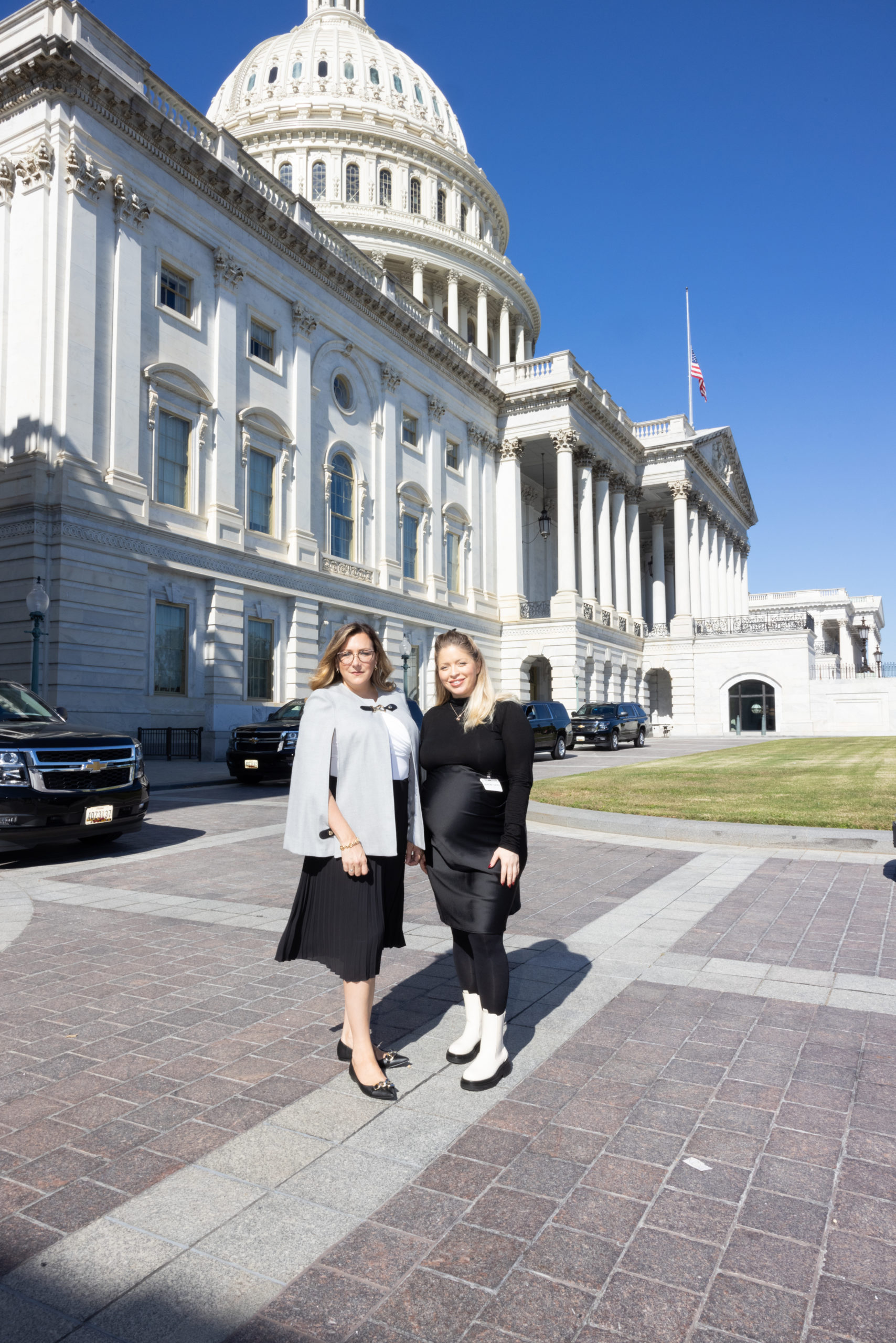Breaking Code Silence: From Pain to Purpose
Transforming Pain Into Purpose
By Dr. Mel Gurr
Twenty-three years ago, on October 21, 1998, I was a depressed, non-gender conforming 13-year-old kid with undiagnosed neurodivergence. That morning, two strangers arrived on my doorstep, and they transformed my life forever. Without my knowledge or consent, I was taken to a remote facility called Cedar Ridge Academy, in Roosevelt, Utah – a place where I would spend most of the years between 1998 and 2003, when I turned 18.
Cedar Ridge was a confirmedly abusive program, where physical, emotional, and sexual violence was just part of the fabric of daily life. It was a profitable family-business, charging $5,600+ monthly, per child, and operated from 1996 until 2021. Where most American teenagers experience this life stage as a socially structured time of possibility, and the time to experiment with different interests, selves, and identities, children like me were institutionalized and tortured in the name of “treatment.” While there, we were prohibited from speaking, moving freely, and deprived of an education.
One of my most poignant memories of Cedar Ridge Academy was a moment when my friend Rose and I, taking a break from back-breaking farm chores, and hanging out near the barbed-wire fence surrounding the facility. It was a rare moment when we were out of earshot of staff. We talked about the Holocaust. Did anyone near Auschwitz care about the people suffering and dying in the concentration camps? While our experiences were worlds apart, as institutionalized kids in the U.S., we wondered: Did anyone out there care about us? If anyone knew what was happening behind closed doors, would they intervene? Was help ever coming?
We didn’t know it then, but help was coming – some 20 years later. As adults, haunted by our own traumatic memories of Cedar Ridge Academy (along with other facilities), we became empowered by finding the TTI (troubled teen industry) survivor community. We took comfort in speaking with (or typing to) people who viscerally understood the sorts of moral injuries and lingering scars we carry from those years: fears of abandonment, trust issues, PTSD, anxiety, depression, low self esteem, and most especially, the recurring nightmares of being back at the program and unable to escape.
Being sent away was what I’ve come to understand as a “vital disjuncture:” an event that clearly cut my life in two: a relatively carefree “before” and a deeply painful “after.” Institutionalization had a devastating impact on my life. It has diminished my potential and delimited my future possibilities, in countless ways. Each year, my body remembers my “sent away anniversary.” It has always been the worst day of my year, until now.
******
Last night, on October 21, 2021, while sitting in my pj’s in a darkened apartment in Lahore, I tuned into Paris Hilton’s livestreams via Twitter and Instagram. Paris Hilton was joined by members of the Breaking Code Silence team, Caroline Cole and Dr. Vanessa Hughes, to introduce the Accountability in Congregate Care Act. Having been producing content for survivors of institutional abuse for the last year and urging folks to take action, I was thrilled and shocked to see how rapidly we’d made progress towards our goals: from the unprecedented exposure after the September 2020 release of Paris’ documentary; the protest at Provo Canyon School; the massification of our community and incorporation as a nonprofit; 2021’s legislative victories in Utah, Missouri, Oregon, and California; and a spate of program closures. Our movement against the troubled teen industry has made tangible, significant gains.
That being said, I am most excited by the emergence and articulation of a new movement, more broadly defined, which was just introduced to the public in press conferences held in Washington DC. With representatives from the troubled teen industry survivors movement, foster care survivors, disability rights groups, and the LGBTQIA community, with an espoused commitment to centralize racial justice in our mission, and making the lived experiences of children and families the shared foundation for our organizing work, I believe we have the potential to build something much more revolutionary and impactful.
I believe this new, broad coalition, the movement against children’s institutionalization (residential treatment centers, group homes, juvenile detention centers, therapeutic boarding schools, faith-based ranches, and military boot-camps) has opened a new political and articulatory space capable of engendering deep, systemic changes. By recognizing the shared roots of problems facing children in the United States– in discourses and practices that stigmatize, demean, and disbelieve them– we can finally recognize the central role played by multiple, disparate institutions in causing real harm. In doing so, we can propose comprehensive solutions that promote the social, civil, and legal rights of children and families everywhere, inside and outside of institutions.
During the press conferences, the speakers touched on a few themes:
- To center the lived experiences of children, families, and survivors in any legislative and policy-making initiatives
- To recognize that institutionalization disproportionately affects certain communities (e.g., Black children, LBTGQIA children, and neurodiverse children are institutionalized at much higher rates)
- To strive towards deinstitutionalization and promote kinship care whenever possible (meaning, place a child with a relative, trusted community member, friend, or neighbor; and ensure that children have a voice in where they are placed)
- A shared commitment towards research, data collection, and transparency with regards to institutionalization. It is unacceptable that no single government agency is keeping track of deaths and abuse allegations within congregate care facilities
- The desperate need to ensure that children and youth can report abuse without fear of reprisal
- To pass the Accountability in Congregate Care Act and its Bill of Rights for youth
The prospect of a Bill of Rights for children and youth in congregate care excites me, for both personal and professional reasons. As mentioned, 23 years ago today, I arrived at Cedar Ridge Academy. On that very first day of “treatment,” I was removed from my home, strip searched, and violated in every imaginable way. I learned that I had no rights, to due process, to privacy, education, dignity, safety, movement, speech, or any of the freedoms Americans take for granted.
ACCA’s Bill of Rights makes a child’s right to privacy, education, safety, and well-being extremely explicit. Most importantly, if properly implemented and enforced, when an institution is out of compliance, it will be de-certified and closed.
This bill is ambitious, and it should be. For it to be effective, I imagine that anyone and everyone connected to the congregate care industry (from judges, parents, children, staff, teachers, therapists, social workers, etc.) will need to be educated about what child abuse is, how to prevent it, and how to effectively support children’s appropriate development.
Because institutions cannot effectively replace families, our goal must be deinstitutionalization. As Sandra Gasca-Gonzalez, of the Annie E. Casey Foundation put it, “we must follow the science on child wellbeing” which universally agrees that kids need stability and families. Institutions are not an acceptable alternative. With the leadership of Casey Family Programs, she reported that 22 states have already committed to putting an end to unnecessary institutionalization. If states commit to helping children at home and in non-punitive ways, we will see a remarkable change in American society.
We also have another, urgent task. We must reimagine our child welfare and protection systems. We must stop equating poverty with neglect and equating race with deficits. We must have a national commitment to ending policies that promote the fragmentation of families, whether due to foster care placements, institutionalization, and mass incarceration. As Dr. Vanessa Hughes explained, this isn’t a fringe phenomenon: this is an American one. Knowing the abuses systematically harming children and youth in our country leads us to ask uncomfortable questions: What kind of a nation are we? Are we going to look the other way and ignore abuse? Are we finally going to become a country that prioritizes families and values human life?
While listening to the words of these impassioned advocates, I shed a few tears. Seeing public recognition that what happened to me and my peers was wrong, was deeply meaningful. Given the passion, enthusiasm, and creativity shown by this brave coalition of elected officials and advocates, I am sure that we can create more humane alternatives.
It is both saddening and heartening to see that all American children and youth were represented and discussed at these events. I am hopeful knowing that they all will benefit from ACCA. By widening the aim of our movement and amplifying the target of our legislation, away from merely regulating the for-profit “troubled teen industry,” instead seeking to dismantle “congregate care” as we know it, we’ve opened a productive space where child welfare advocates are no longer stuck in silos, like juvenile justice, school-to-prison-pipeline, foster care, and the troubled teen industry. We’ve moved towards what I’ve dreamt of, and what’s been accomplished in democracies across the globe, an expansion of the political, legal, civil, and social rights of youth and the recognition that children are deserving of human rights.
This is the right move, and a strategic one.
Note:
Paris Hilton and BCS were joined by elected officials such as Representative Ro Khanna, Senator Jeff Merkley, Representative DeLauro, and Representative Adam Schiff. BCS and Think of Us, led by Sixto Cancel, helped to assemble a diverse, multigenerational group of institutional abuse survivors and child welfare advocates to promote the Bill (12-year old Uvea and Senator Gelser from Oregon, Kurt Decker from the National Disability Rights Network, Aubrey Edwards-Luce from First Focus on Children, Alain Datcher of LA County’s Youth Commission, Sandra Gasca-Gonzalez from the Annie E. Casey Foundation, and Bobbi Taylor, a Nebraskan youth advocate).


